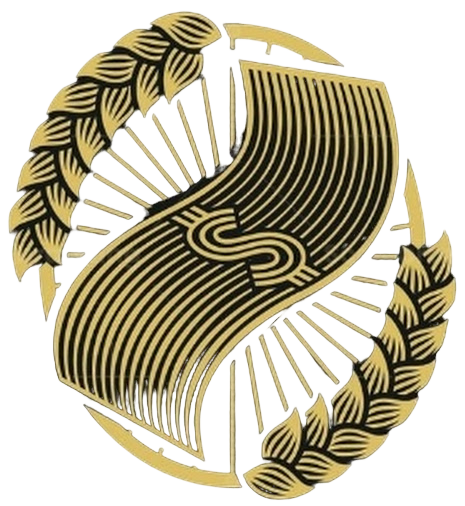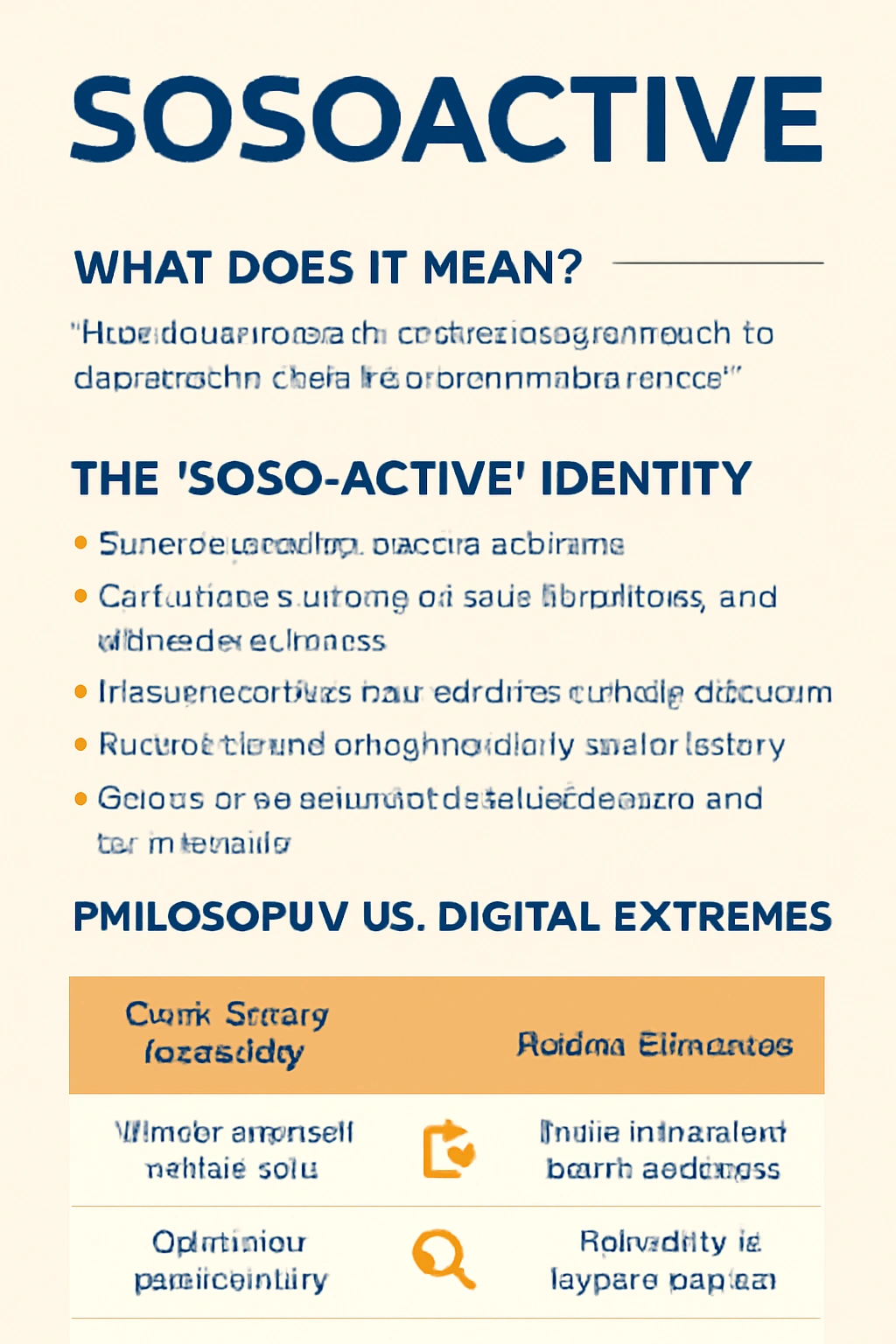It will be of much curiosity all in at what point a whole life insurance policy endows. This may come with age restrictions or not. But first, are there any?

Now, to the focus, at what point does a whole life insurance policy endow? This is usually at age 100, meaning the cash value equals the death benefit.
The owner then has the option of receiving the entire death benefit (now identical to the cash value) and cancellation of the policy or may choose to leave the policy in force, perhaps still building dividends.
How does the Whole Life Insurance Policy Work?
A whole life policy endows when the cash value accumulated through premiums equals the death benefit. While there are a few policies with different endowment ages, age 100 is the endowment point for a lot of whole life policies. Once a whole life policy endows, the policy owner has a few options:
1. Take the Death Benefit
They can receive the full death benefit (cash value), and the policy is ceased.
2. Maintain the Policy
The policy can remain in force, with the policyholder no longer required to pay premiums, but still potentially accumulating dividends and a death benefit. A whole life policy typically endows at age 100, meaning the cash value equals the death benefit.
At this point, the policy owner may take the entire death benefit (now identical to the cash value) and have the policy canceled or may leave the policy in force, perhaps still building dividends,.
More to a Life Policy Endowement
A whole life policy endows when the cash value accumulated from premiums reaches the death benefit. While some policies may have different endowment ages, many whole life policies use age 100 as the endowment point.
Once a whole life policy endows, the policyholder has a few options, like receiving the full death benefit (cash value), and the policy is canceled.
Also, the policy can be left in force, with the policyholder no longer paying premiums, but perhaps accumulating dividends and a death benefit.
When Can You Cash Out a Whole Life Insurance Policy?

You can typically cash in a whole life policy whenever the policy has accumulated cash value and the policy is in active status.
Although there could be surrender charges or penalties for cashing in early, especially during the first few years of the policy.
Additionally, cashing in a policy will reduce the death benefit, so you should consider the impact on your beneficiaries before doing so. Whole life policies build cash value over time, which you can access via withdrawals or loans.
Cashing in a policy within a given time period (usually 10-15 years) can result in surrender charges, or the cost to pay for the insurance company’s expenses.
Cashing in reduces the available cash value, which will impact the death benefit that is paid to your beneficiaries.
How does Receiving Funds from Whole Life Policies Work?
Prior to cashing out, look at alternatives like policy loans or withdrawals, which may be less harmful compared to surrendering the policy.
You can usually cash out a whole life policy when the policy has built up cash value and the policy is active. There can be surrender fees or penalties for cashing out early, especially in the first few years of the policy.
Cashing out a policy can also reduce the death benefit, so consider the impact on your beneficiaries before you act.
Whole life policies build cash value over time, which you can access through withdrawals or loans. Before cashing out, look at options like policy loans or withdrawals that may be less harmful than surrendering the policy.
Last Words
If you own a whole life insurance policy, you might wonder if it’s even possible to pay off a whole life insurance policy in full.
The answer is simply yes, it is. It is not certain, but if you are wishing to do this, there is something you should know first.
It’s a good idea to discuss with your insurance agent or financial advisor to understand the full implications of cashing out your policy.







